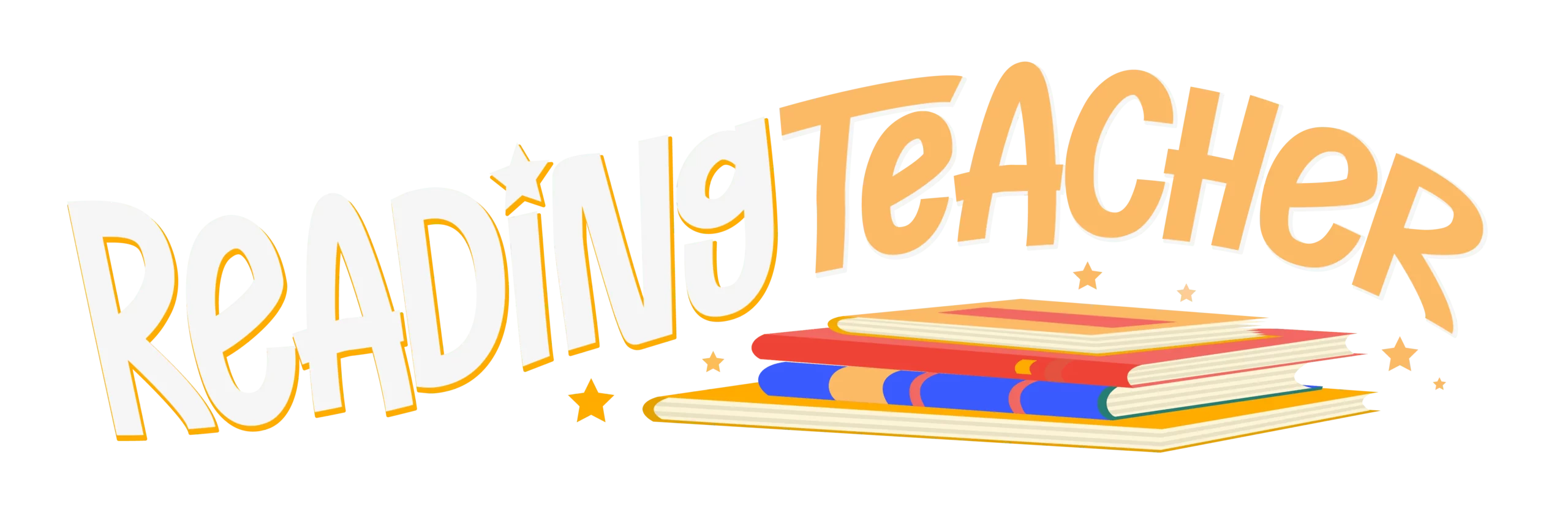Reading Teacher Educator Network Writer Guidelines
Welcome to the Reading Teacher Educator Network! Each month, thousands of readers visit our site in search of solutions, new ideas, and inspiration. Sharing your thoughts, experiences, and hard-earned problem-solving techniques is a great way to help others, make connections, strengthen your personal brand and stature as an educational thought leader.
So let's get to it!
Important to know:
We do not accept contributor content that contains interviews and quotes, or features products and services, We want your personal stories and lessons that you have learned first-hand. You're a leading educator— share what you are seeing and experiencing with our community. Your successes, your struggles, your pivots. It makes for more engaging and, ultimately, more helpful content. We're excited to read your stories — but there are a lot of you. After you pay, you can expect a 2-4 week wait for your article to be reviewed.
Readers come to Reading Teacher for input on experiences and new innovative teaching styles — to learn what has worked (and not worked) for other teachers. Here's how to craft a great advice-driven article:
Step 1: Think of a distinctive angle
After you have a subject in mind, it's helpful to search our site (either through the in-site search function or by googling the topic. That way, you can see how it's already been covered — and how you can take a fresh approach.
Step 2: Be useful — with examples!
The most successful stories on Reading Teacher offer information that educators can use now. Be practical. Be instructive. Be clear. And be engaging! Generic information isn't useful. Advice is always better when it's accompanied by examples that bring your point to life, and detailed thoughts that help readers appreciate the nuance of your point. This is not a place to brag about your success, but to share your experiences with other teachers in the hope that they can learn from them.
What do we look for?
Trustworthy resources: Embed links to original sources of information (studies, stats, etc.). Ask your editor if you are unsure how to hyperlink text in our CMS.
Correct length: Pieces typically run about 800-1,000 words. Some exceptions are made for longer articles, but we rarely run articles shorter than 800 words.
Inclusion: Writers should be conscious of writing about topics relevant to all educators and representing the diversity found in the teaching community.
Appropriate sourcing of information and quotes: If you include any information or quotes from other sources, you must acknowledge them. For example, if you cite something that someone said in the New York Times, include that attribution and link to it.
Other items related to your topic: Anecdotes, quotes, academic/think tank studies, data points. These must all be sourced or linked to their sources. Don't make us search for your sources, please.
Proofreading and spell-checking the document: Spell check and grammar check before submitting. Articles that are in bad shape will be rejected.
Factual accuracy: Check the spelling of individuals and company names. Make sure to confirm facts using several sources.
An absence of formatting: This means no bolded text, no italics (except for publication titles), no all-caps words (unless referencing a company whose name is stylized), etc. We'll just have to erase all your formatting and do it again in our own style.
Things that cannot be included in your article:
Overly promotional content: Articles are a way to bolster your credibility as a thought leader and expert. They are not a place to promote people, companies or services.
Paid links or mentions: Referencing or otherwise using your membership in connection with giving, promising or offering editorial coverage to a third party, whether on this website or any other media outlet, in exchange for compensation of any kind (including without limitation promotion on social media) is a serious violation of our standards and will result in termination of your membership.
Unacknowledged financial relationships: We discourage you from writing about anything you have a financial relationship with, or anyone you have a social relationship with. There may be rare cases in which mentioning friends or business partners is valuable to the article; in that case, check with your editor. If it's approved, you must disclose the relationship in the story.
Previously published material: We cannot accept articles that were previously published, even if you've made some changes to them. We only accept 100% new pieces of writing.
Plagiarism or copyright infringement: Including a third party's original or copyrighted material without their permission as part of any article you post as an member is a serious violation and will result in the termination of your membership.
Photos: We cannot publish images we don't have rights to. Please leave all imagery to us, unless your editor instructs otherwise.
Editorial judgment
Editors are here to help your writing shine, but they must also maintain the editorial standards of ReadingTeacher.com. Reading Teacher reserves the right to edit all content submitted for publication, including grammar, formatting, headlines and length. We reserve the right to reject content for any reason.
We also reserve the right to remove any links or content for any reason, including that it's offensive, harmful, not editorially sound, or overly promotional. Any violation of our policies can result in the termination o at the readingteachers' discretion.
If you have any questions, please email support @ readingteacher.com
